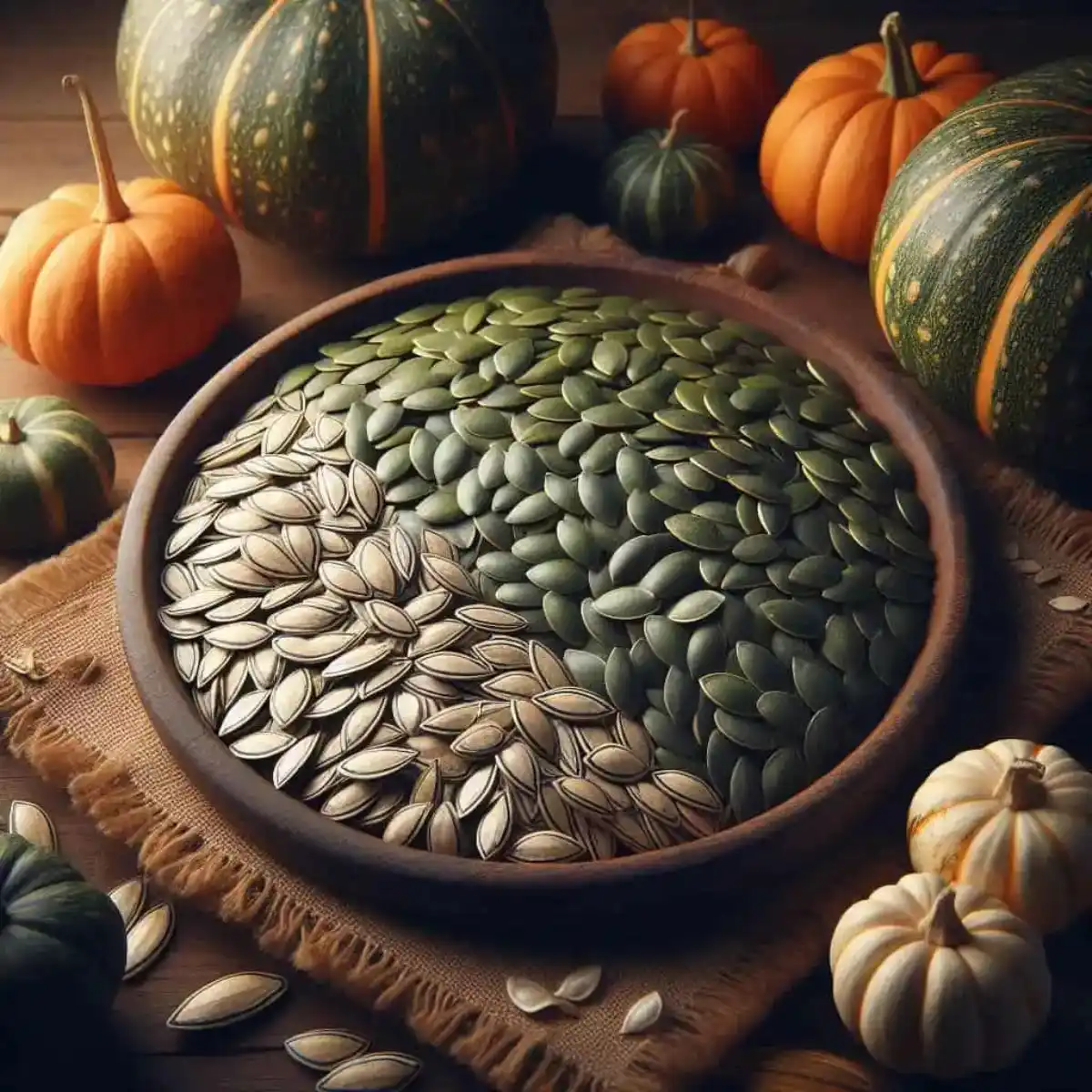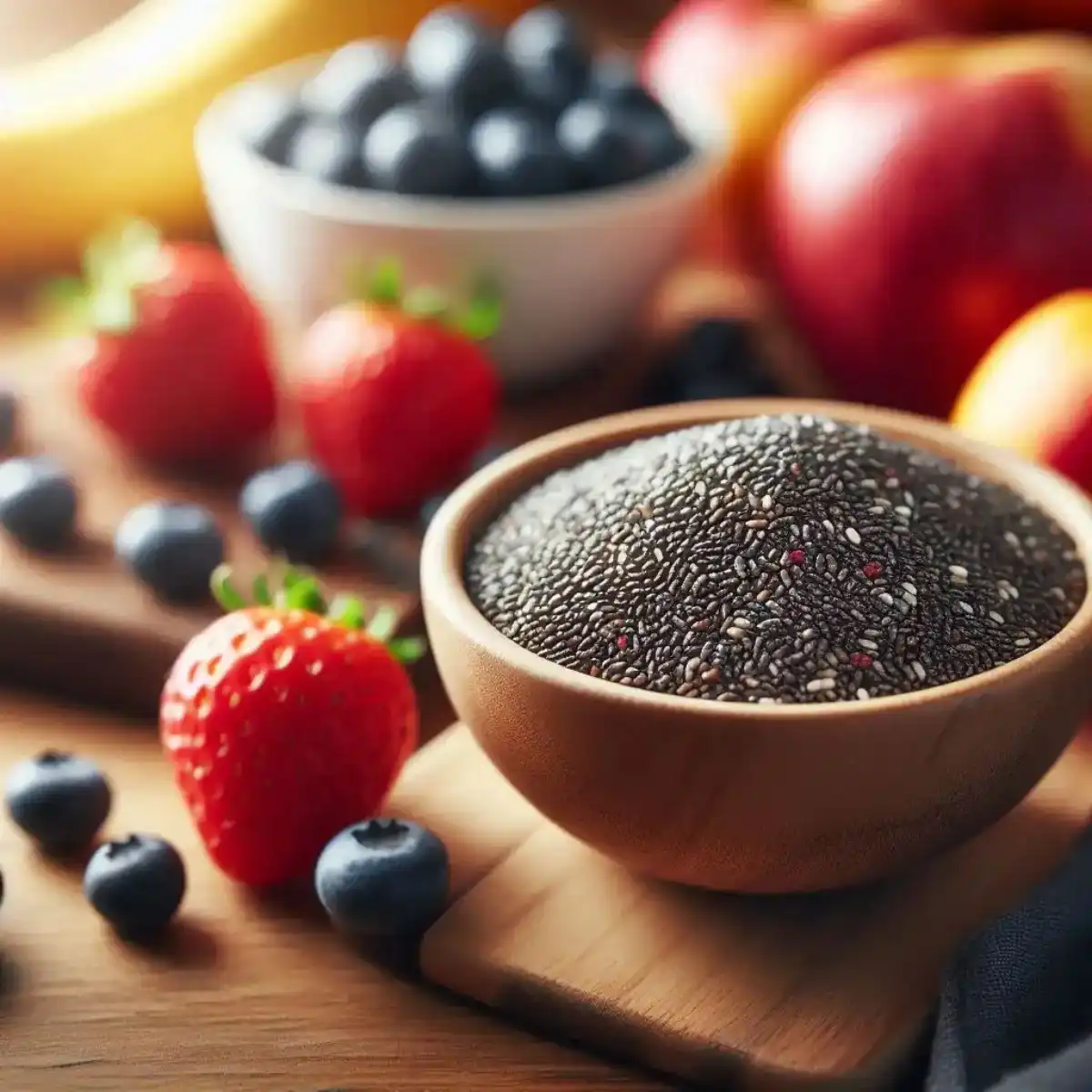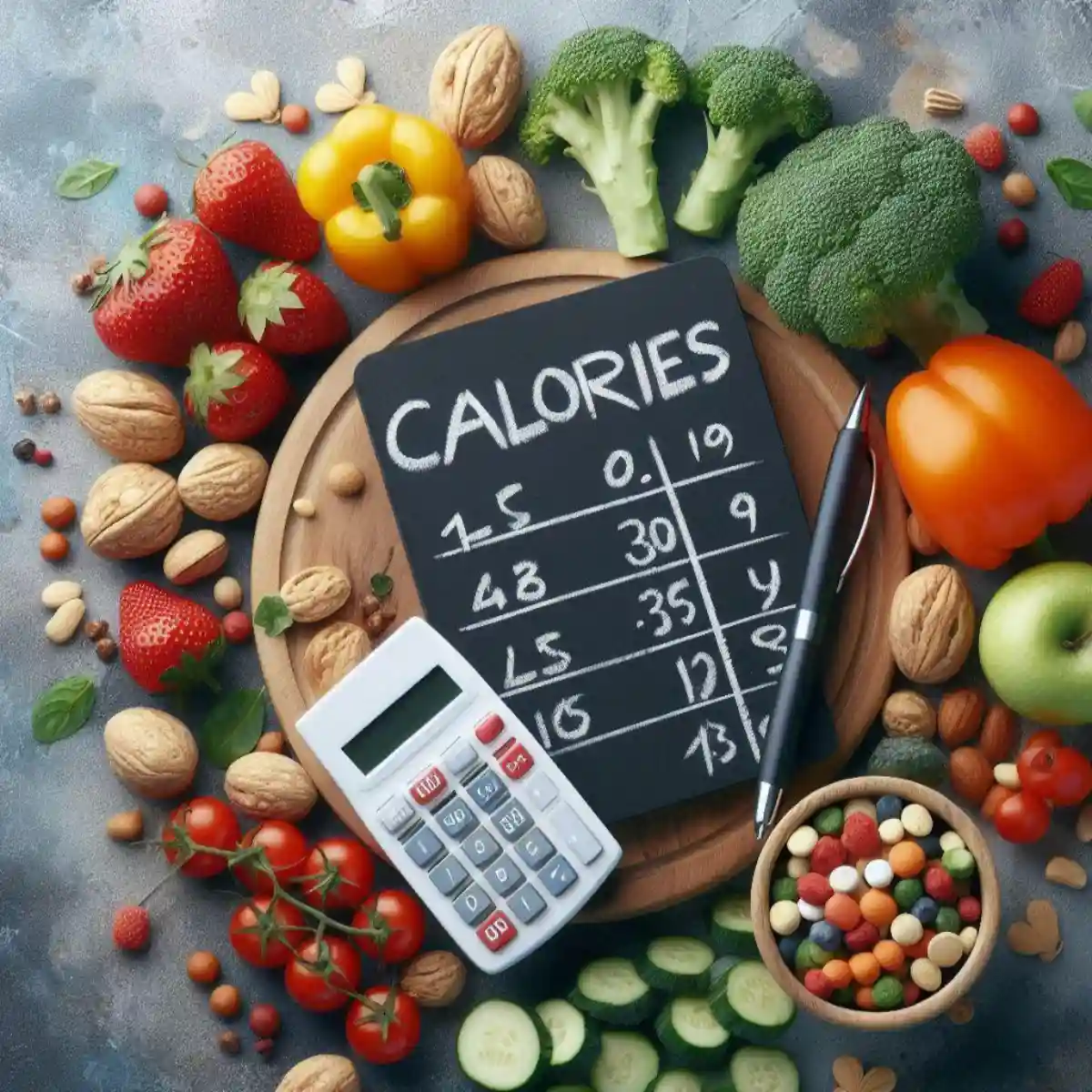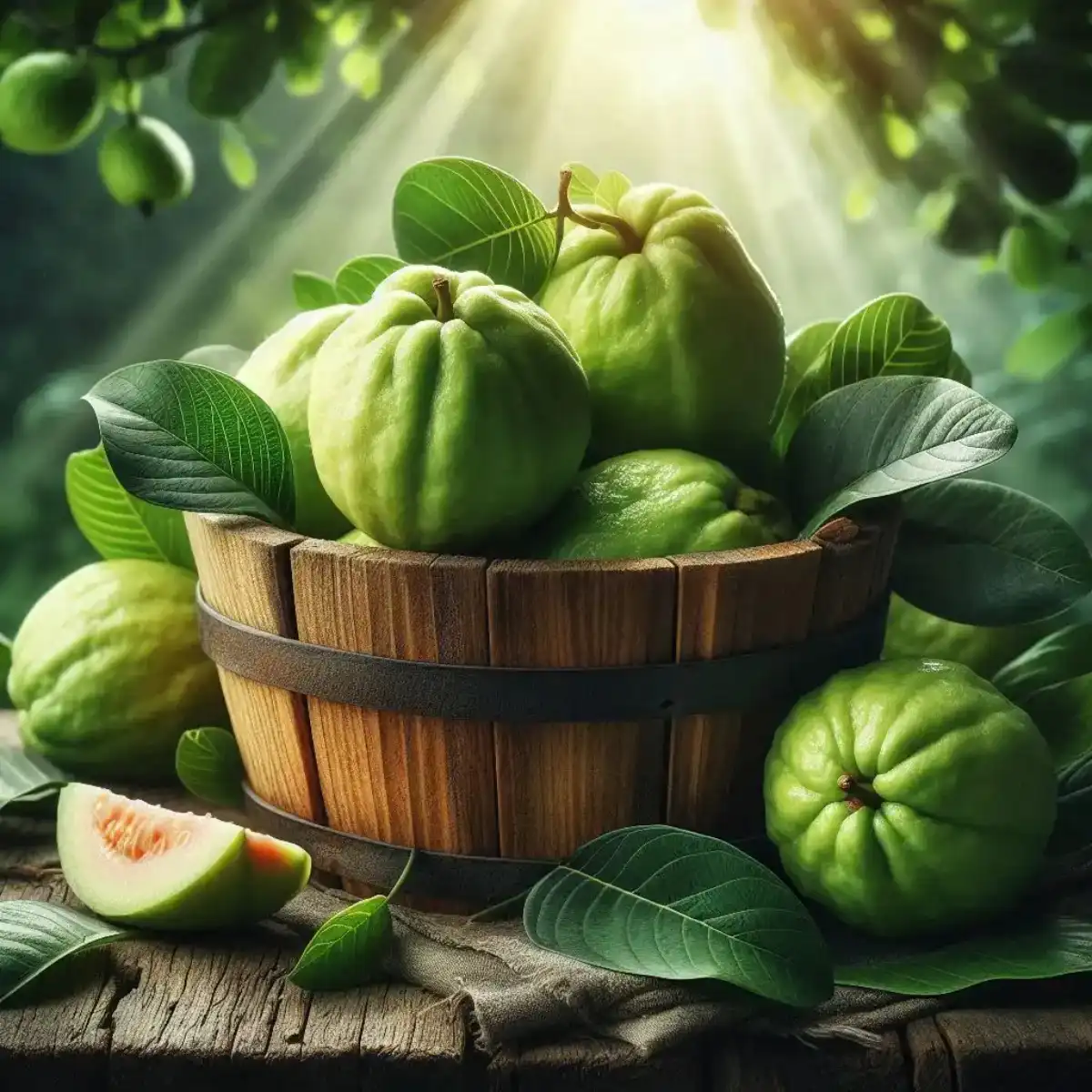Health benefits of Onions. Why should you consume it everyday?
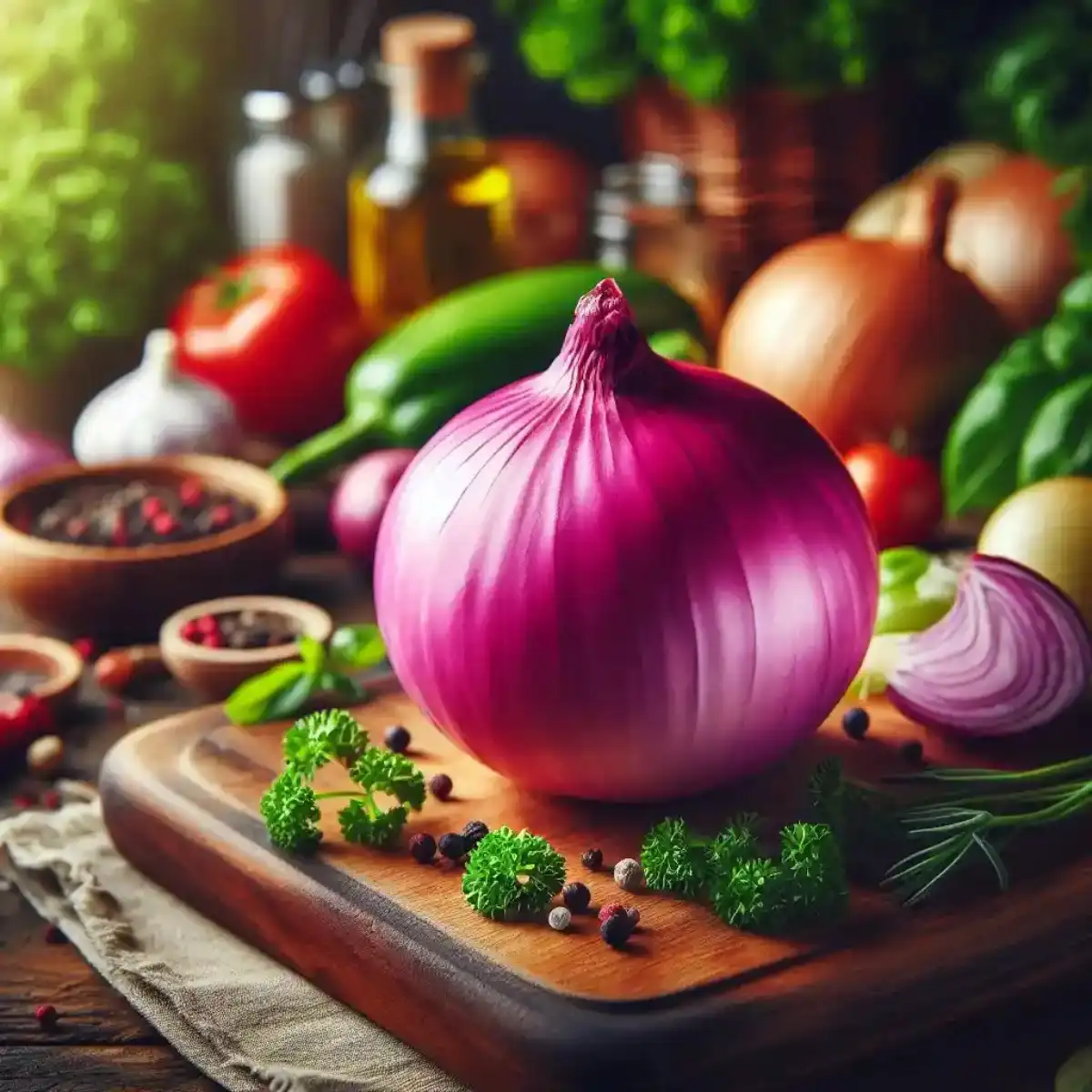
Are onions good for you?
Yes, absolutely ! onions are good for you.They’re low in calories but packed with nutrients like vitamin C, B vitamins, and antioxidants. Onions also contain quercetin, a powerful compound with anti-inflammatory and heart-protective benefits. Plus, they support gut health thanks to their prebiotic fiber
Quercetin Benefits
There are several advantage of Onion.Onions are packed with quercetin and sulfur compounds, which help protect the body from damage caused by harmful molecules called free radicals. These compounds also help reduce inflammation, keeping the body healthy.Quercetin is a powerful natural ingredient found in onions. It has anti-inflammatory, antiviral, and even anti-cancer properties. It also helps lower blood pressure, improve heart health, and boost the immune system by reducing allergic reactions and inflammation.Since onions are rich in antioxidants, they help protect the body from serious diseases like cancer, diabetes, and heart problems.
Red Onion benefits for Heart Health
Red Onions are great for heart health as they help to lower blood pressure and reduce cholesterol levels, which can decrease the risk of heart disease and stroke.The anthocyanins found in red and purple onions not only give them their rich color but also help protect the heart, prevent cell damage, and fight inflammation.Onions also support the liver, helping the body naturally flush out harmful toxins. The quercetin and flavonoids in onions are especially beneficial for people with arthritis and autoimmune diseases, as they help lower inflammation.Additionally, the antioxidants in onions work to reduce bad cholesterol (LDL), improve blood circulation, and prevent blood clots, all of which contribute to a healthier heart. Including onions in your diet is an easy way to boost overall health and reduce the risk of chronic diseases.
Skin & Hair Health benefits for Onion
Onion are good for you as they are rich in vitamins C and B6, which promote collagen production and hair growth. Onions contain sulfur, a key nutrient that boosts the production of keratin—a protein essential for hair growth and strength. The sulfur compounds and quercetin in onions also helps to kill acne-causing bacteria and reduce skin inflammation.Applying onion juice can help dry out pimples, reduce redness, and prevent breakouts.The flavonoids and sulfur compounds in onions help remove toxins from the skin, making it look clear and radiant.
Benefits of Caramelized Onions and how to make it?
Rich in antioxidants: Even after cooking, onions retain compounds like quercetin that help fight inflammation. Caramelizing brings out the onion’s natural sweetness without adding sugar, making meals healthier and tastier.Versatile ingredient: Adds depth of flavor to many dishes, helping reduce the need for extra salt or processed sauces. Do you want to know how to make Caramelized Onions ,Follow below Instructions to prepare it.
- Thinly cut yellow or red onions, as they caramelize best due to their natural sweetness
- Heat a pan over low to medium heat and add some butter or oil.
- Add the sliced onions and a pinch of salt to draw out moisture.
- Cook slowly, stirring occasionally, for 30–45 minutes until the onions turn deep golden brown.
- Optional: Add a little sugar or balsamic vinegar to enhance the sweetness and flavor.
Benefits of Onion soup and how to make it?
Hydrating and comforting: Warm broth helps soothe sore throats and keeps you hydrated. It’s a light but flavorful option, especially when made without heavy cream or processed ingredients.Onion soup made with slow-cooked onions can help reduce blood pressure and cholesterol.Do you want to know how to make Onions soup ,Follow below Instructions to prepare it.
- Thinly slice 4–5 large onions—yellow onions are ideal for their sweetness.
- Heat butter or oil in a large pot and cook the onions over low heat until caramelized, about 30–40 minutes.
- Add garlic, thyme, salt, and pepper for extra flavor.
- Pour in 4–6 cups of beef or vegetable broth and let it simmer for 15–20 minutes.
- Serve hot with toasted bread and melted cheese on top for a classic French onion soup style.
How to Make Onion Soup
Types of Onions
Onions come in various types, including yellow (strong flavor), red (mild and sweet), white (crunchy and mild), sweet (mild, ideal for raw dishes), shallots (delicate), green onions (mild and fresh), leeks (mild and sweet), and spring onions (larger, slightly stronger flavor)
100 grams ≈ 3.53 ounces Nutrition benefits in Onions
| Nutrient | Amount | DailyValue |
|---|---|---|
| Calories | 40 kcal | 2% |
| Protein | 1.1 g | 2% |
| Total Fat | 0.1 g | 0% |
| Carbohydrates | 9.3 g | 3% |
| Dietary Fiber | 1.7 g | 6% |
| Sugars | 4.2 g | — |
| Calcium | 23 mg | 2% |
| Iron | 0.2 mg | 1% |
| Magnesium | 10 mg | 3% |
| Potassium | 146 mg | 4% |
| Vitamin C | 7.4 mg | 8% |
| Vitamin B6 | 0.12 mg | 9% |
| Folate (B9) | 19 µg | 5% |

